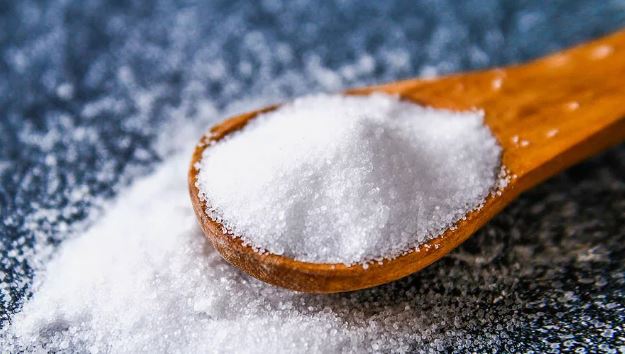Stroke remains a leading cause of death and disability, with recurrent strokes posing a major concern. High sodium intake and low potassium levels are known risk factors for stroke
An international study has revealed that potassium-enriched salt can significantly lower the risk of stroke recurrence and death. This discovery comes as the World Health Organization (WHO) endorses the use of potassium-enriched salt to help combat hypertension and heart-related risks.
Stroke remains a leading cause of death and disability, with recurrent strokes posing a major concern. High sodium intake and low potassium levels are known risk factors for stroke.
According to the study, potassium salt substitutes could be a novel and effective treatment for stroke patients. Researchers from China, Australia, and the UK conducted a randomised clinical trial involving 15,249 participants from China who had previously experienced a stroke. The participants were given either a salt substitute containing 75% sodium chloride and 25% potassium chloride or regular table salt. The findings, published in JAMA Cardiology, showed a 14% reduction in recurrent stroke among those using the potassium salt substitute compared to those using regular salt. Additionally, there was a 21% reduction in stroke-related deaths and a 30% reduction in haemorrhagic stroke incidents. Overall, 2,735 recurrent strokes occurred in the study, with 691 fatal strokes and 2,044 nonfatal episodes.
The study found no significant difference in the incidence of hyperkalemia (high potassium levels) between the two groups, further supporting the safety of potassium salt substitution.
The WHO has recently recommended the use of potassium-enriched salt as a way to address hypertension and lower the risk of cardiovascular diseases (CVDs) and chronic kidney disease. By reducing sodium intake, potassium salt also helps lower the risks of other conditions, including gastric cancer.
The WHO estimates that 8 million people die annually due to poor diet, with 1.9 million of those deaths linked to excessive sodium consumption. This new study highlights the potential of potassium salt as an affordable and effective intervention to reduce stroke risks and improve public health.










